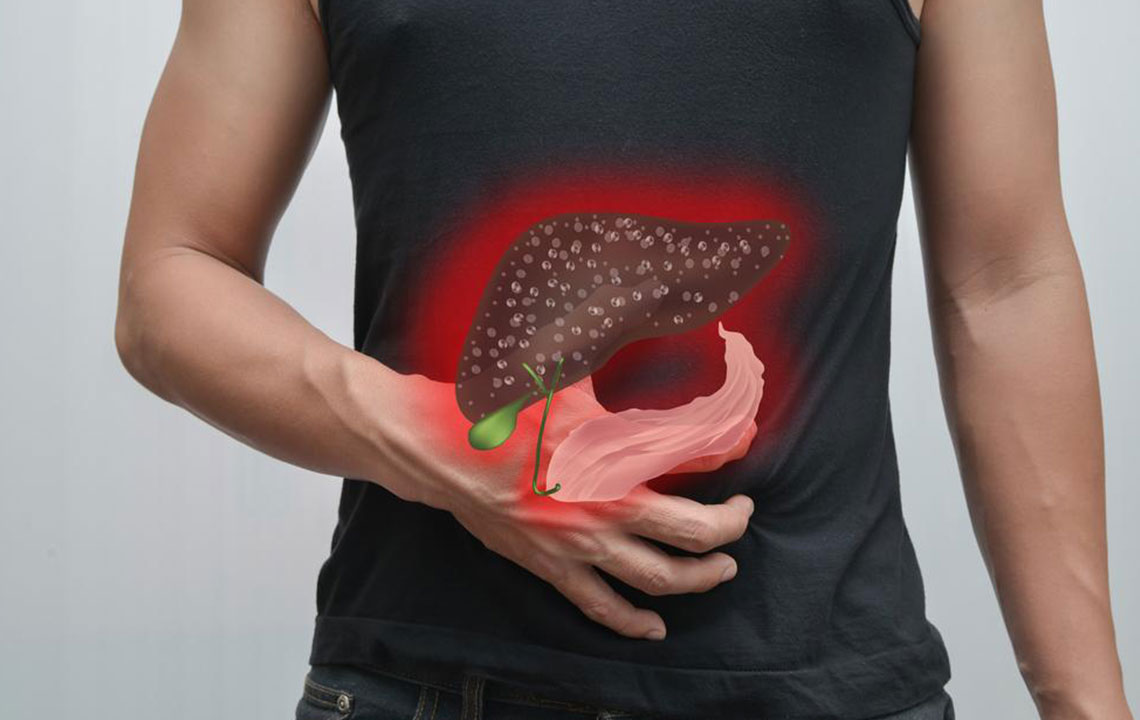Understanding How Hepatitis C Impacts Liver Health
Hepatitis C infection significantly affects liver health, often progressing unnoticed to serious conditions like cirrhosis and cancer. Understanding the disease stages and risk factors helps in early management. Regular medical consultation is vital for those infected to prevent severe liver damage and complications.

Hepatitis C is an infection caused by the Hepatitis C virus that primarily targets the liver. The disease manifests in two stages: acute, indicating recent infection, and chronic, lasting beyond six months. While some individuals in the acute phase can eliminate the virus without liver issues, around 85% develop chronic hepatitis C. This persistent infection often leads to liver scarring, known as fibrosis, which can progress unnoticed. Over time, extensive scarring may impair liver function and increase the risk of cirrhosis and liver cancer. Factors like alcohol intake and age at infection influence liver damage severity. Severe cases may result in liver failure, requiring transplant. Regular medical advice is essential at all stages.
Note: The information provided is for educational purposes only and should not replace professional medical advice. Always consult healthcare experts for diagnosis and treatment options.










